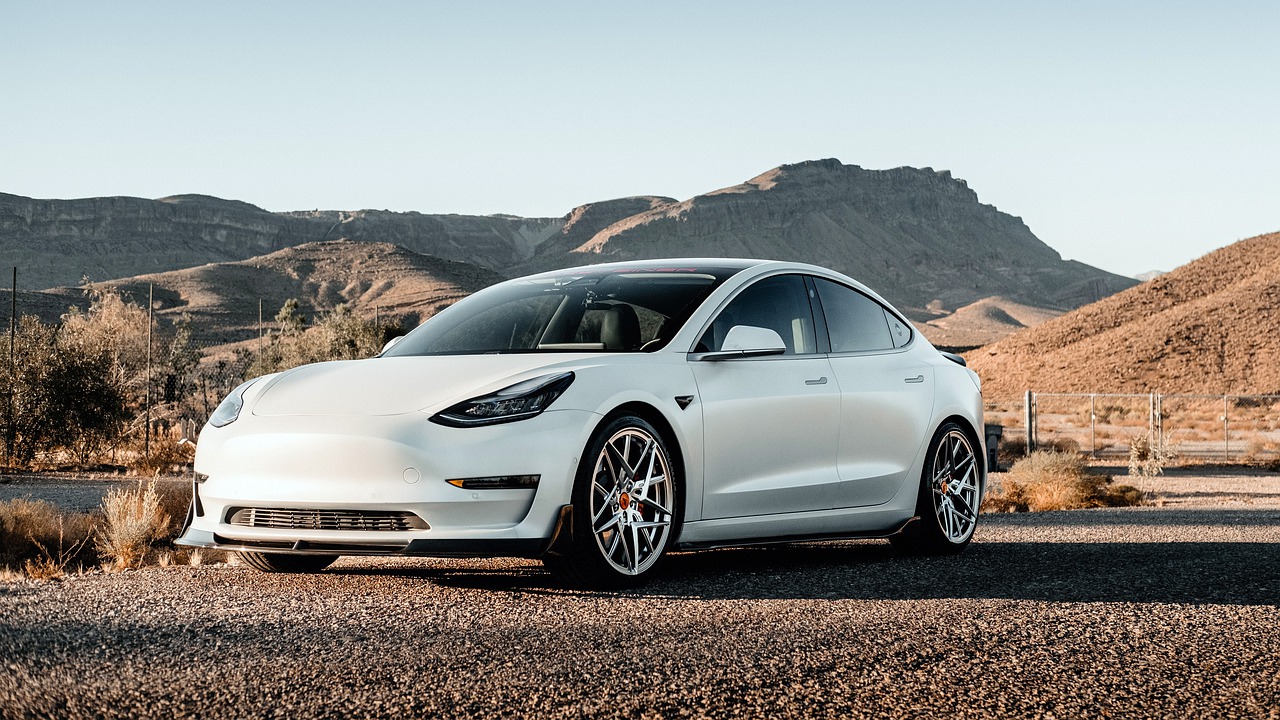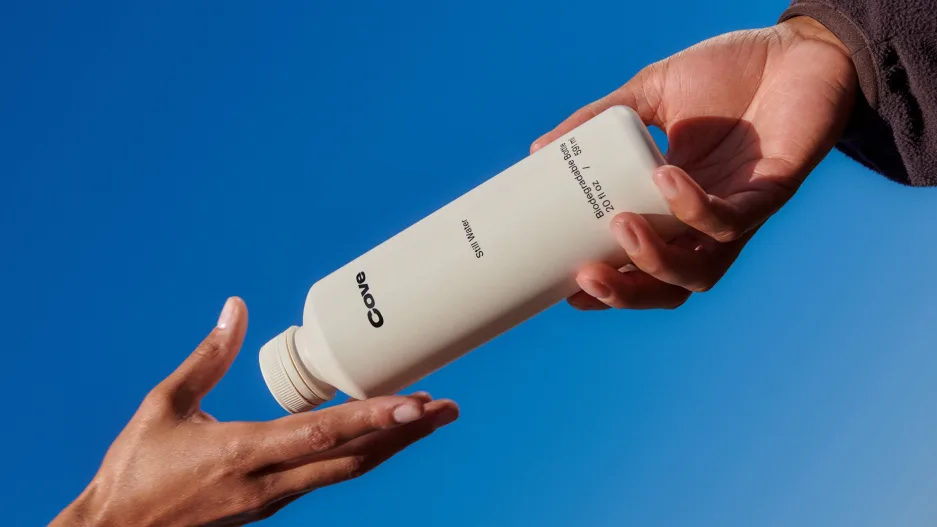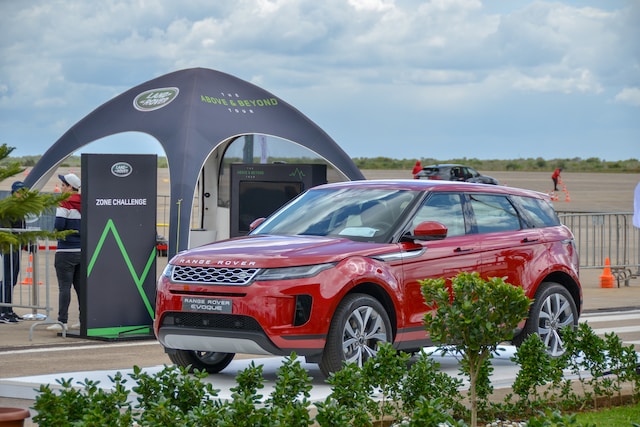Electric cars are no longer “the future”, as they have already captured significant portions of the auto market. With more people using them for their day-to-day tasks, peculiar and unexpected limitations arise. Most notably, it’s their towing abilities or lack thereof.
Considering the torquey motors that power electric cars and their stable performance across the entire speed range, hitching a heavy caravan on them shouldn’t be a problem. Yet, for a number of reasons, it is. Here are the most important ones:
- EV cars use heavy battery packs, so their mass is typically half a ton higher than their petrol counterparts. Their brakes and transmissions are already called to handle great forces as a result, so any addition would be a big problem.
- The regenerative braking systems in EVs are specifically tuned for the kerb weight of these cars, and so heavy trailers could cause a damaging overload to the batteries or motors when going downhill.
- Range is a big issue on EVs even without any extra carriage, so hooking up a medium-size trailer could simply make it impossible to reach the next charging point, or perform otherwise feasible trips. This is not only due to the added mass, but also because the aerodynamic performance is hindered, and the drag coefficient increases.
All that said, there are some EV models that can tow, so if you absolutely need that function, pick one of the following:
- BMW iX has a monstrous towing limit of 2,500 kg (5,510 lbs). With 564 lb ft of torque and an 80.7 kW battery, it guarantees to take you and your trailer anywhere you need to go.
- Tesla Model X can pull up to 2,268 kg (5,000 lbs), using it’s impressive 800 lb ft of torque. Just don’t expect to get the nominal 360 mile range in this case.
- Audi E-tron can haul up to 1,800 kg (3,970 lbs) for roughly 100 miles.
- Mercedes-Benz EQC can tow up to 1,800 kg (3,970 lbs), and does so in comfort and safety, featuring self-leveling air springs in the rear suspension.







